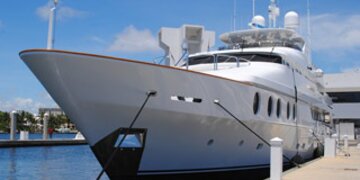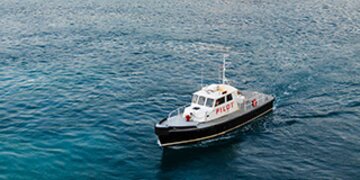Willkommen auf der ITIC Webseite in deutscher Uebersetzung. Die Uebersetzung dient nur der Information. Nicht alle Seiten sind ins deutsche uebersetzt. Einige Seiten sind nur auf englisch erhaeltlich. Wenn Sie Hilfe brauchen dann melden Sie sich bitte bei uns.
Sehr geehrter Besucher, unsere Website verwendet Cookies, um Ihre Erfahrung beim Surfen zu verbessern. Durch die Nutzung der Website stimmen Sie dem zu.




